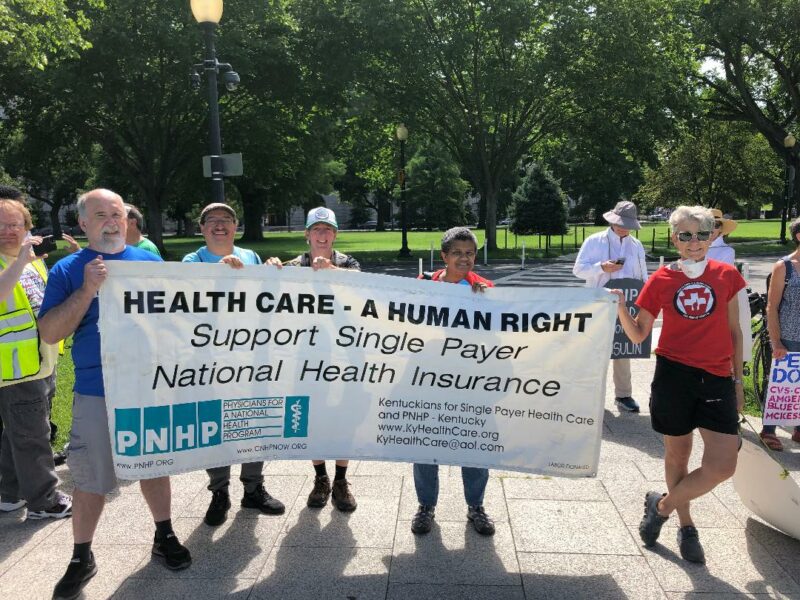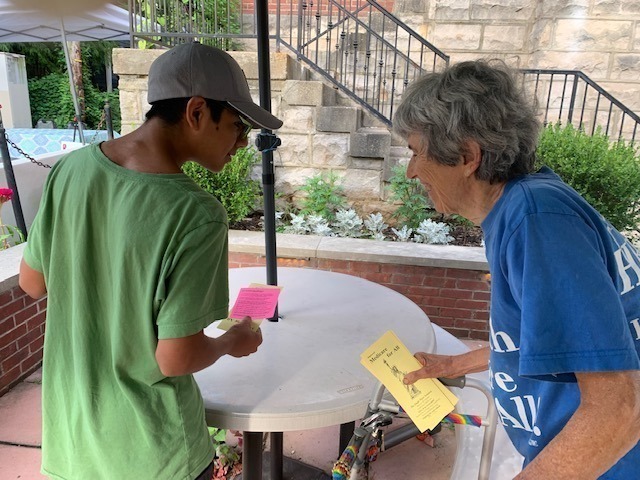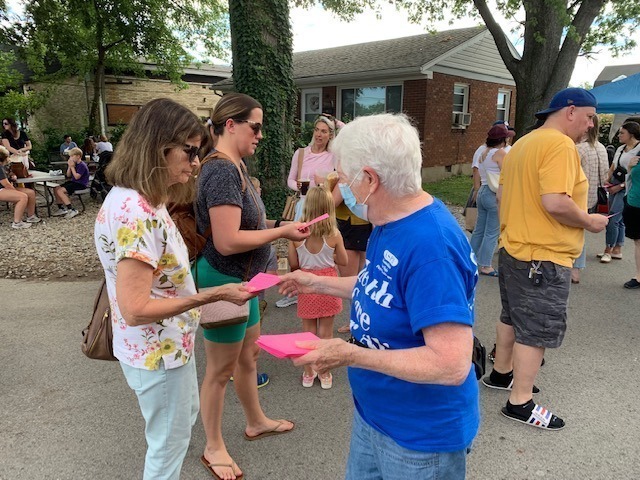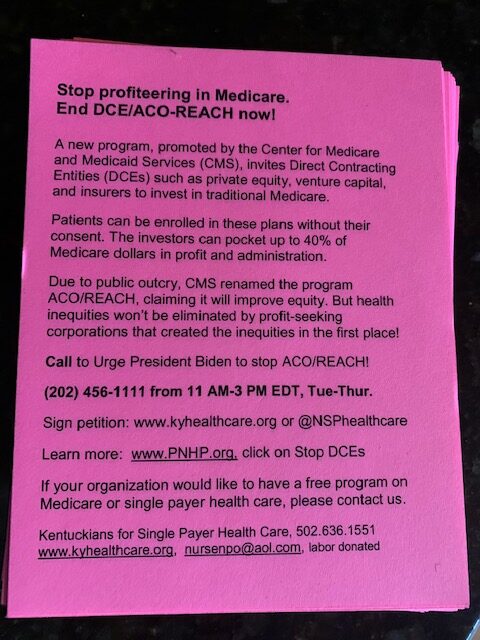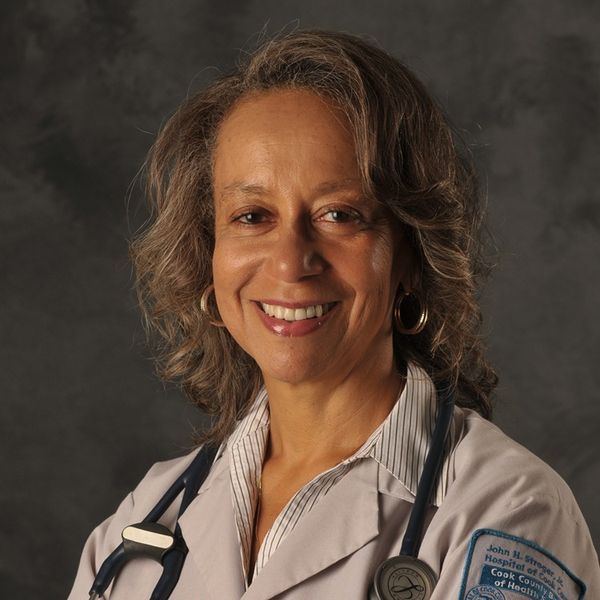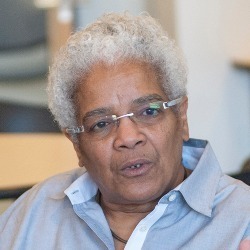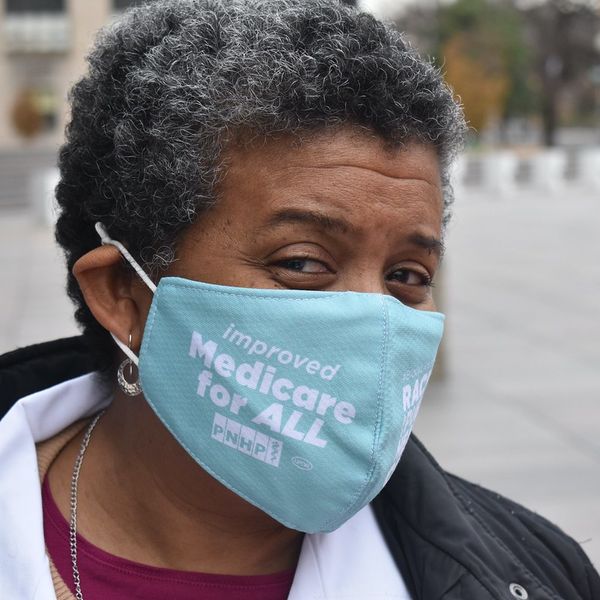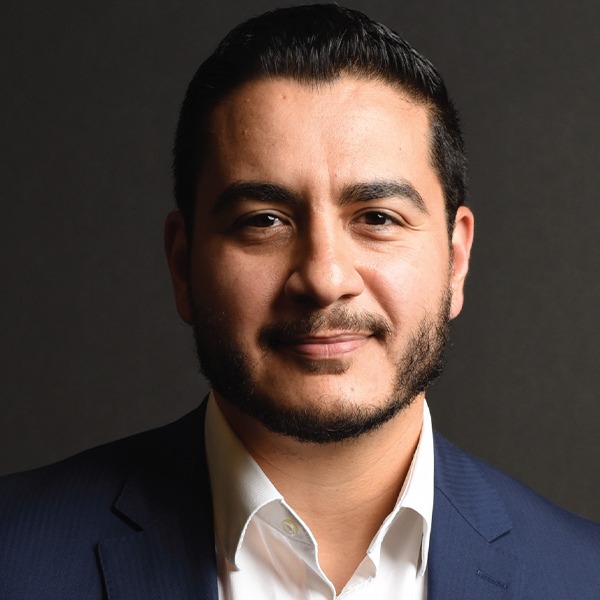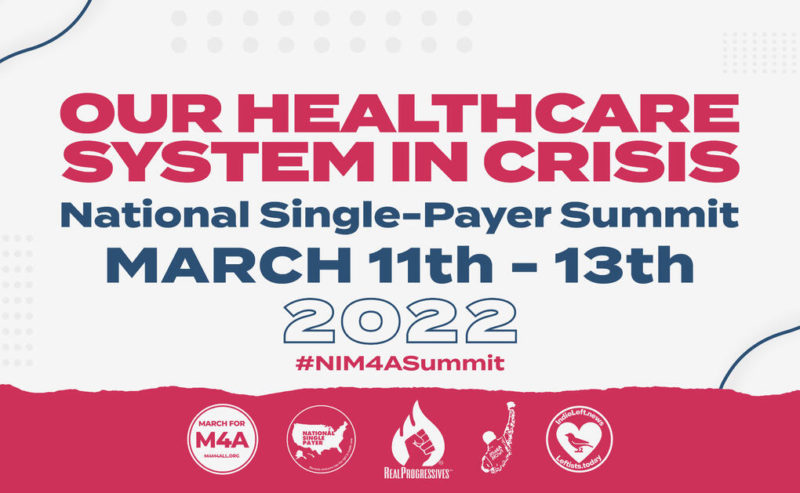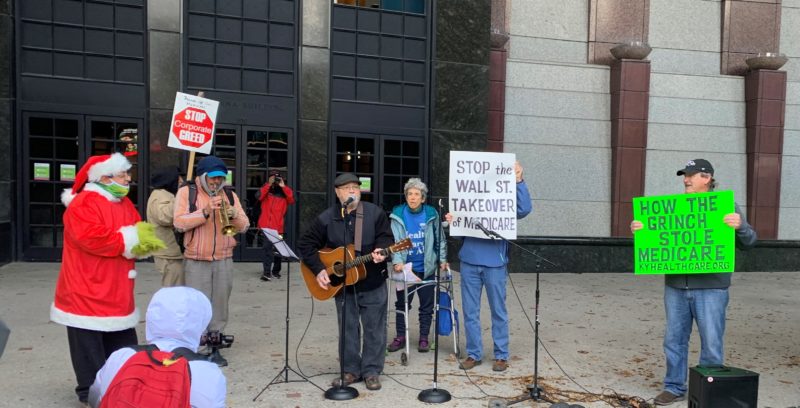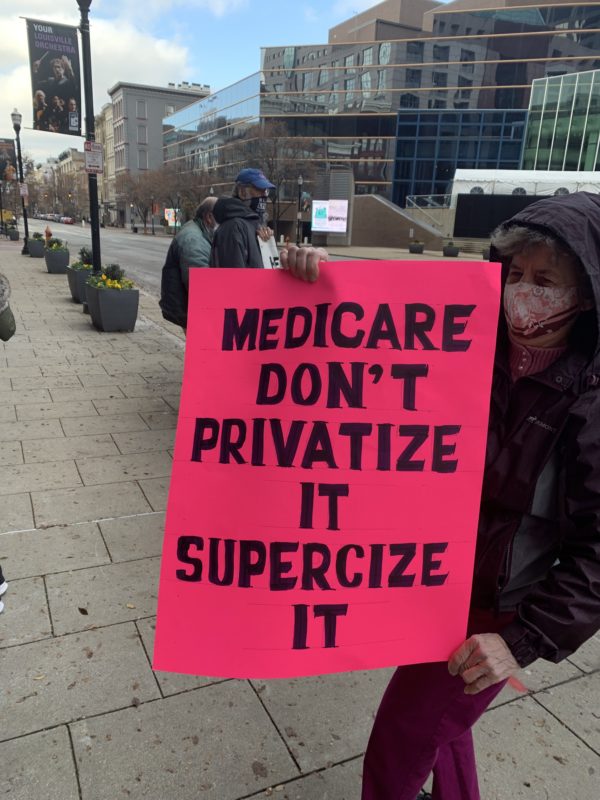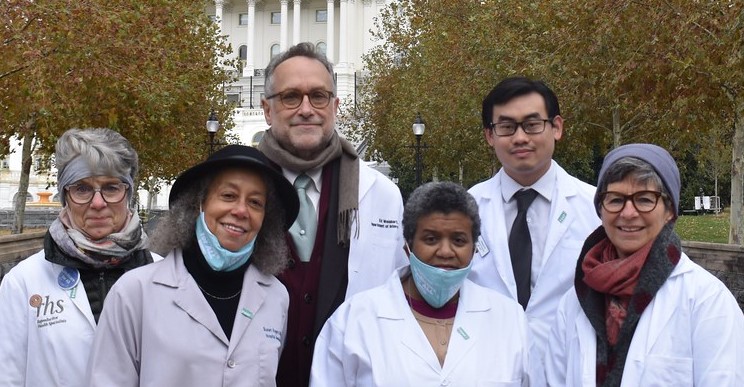by Kip Sullivan, PNHP Minnesota
Many of us have heard the statement that capitated direct contracting entities (DCEs) are allowed to keep 40 percent of their payments from CMS (Center for Medicare and Medicaid Services) or, conversely, they have an effective “medical loss ratio” of 60 percent. To my knowledge, the first time the public learned of the 60 percent MLR was last September when Berwick and Gilfillan announced it in their two-part article for Health Affairs.
Medicare Advantage, Direct Contracting, And The Medicare ‘Money Machine,’ Part 2: Building On The ACO Model | Health Affairs
Berwick and Gilfillan calculated the MLR from CMS documents describing the four “risk corridors” DCEs will be subject to. Yeah, I know, “corridor,” what the hell is that? It refers to the amount of savings and losses DCEs can incur. So, if the DCE spends 25 percent less than its “benchmark” (it’s target) for 2022, it can keep all of the (alleged) savings, and if it spends 25% more than its target, it will lose all of it. But if it spends more than 35% less than its target, it can’t keep the entire profit for itself; it keeps all of the first 25 percent, and “only” half of the next chunk — 25-35 percent. And so on: The DCE can only keep 25% of the next chunk or corridor (35-50 percent), and only 10% of the final corridor (50-100 percent).Um hmm, I know, it’s nuts to plan for a DCE totally eliminating all medical costs for its assignees, but that’s the mindset at CMS these days.
So, if you multiply each corridor times the percent CMS allows the DCE to take to the bank, you get this table:
Corridor 1 (<25%): 1.0 x 25% = 25%
Corridor 2 (25-35%): .5 x 10% = 5%
Corridor 3: (35-50%): .25 x 15% = 4%
Corridor 4: (>50%): .1 x 50% = 5%
Total: 39%
This means, to put it the other way around, that DCEs must spend a minimum of 61 percent of their loot on patients. The other 39 percent can finance yachts and stuff.
You can find a discussion of this delightful topic at pages 27-28 of this document, and a table laying out the numbers above (Table 6-7).
Direct Contracting Model Request for Application Global and Professional Options (cms.gov)
